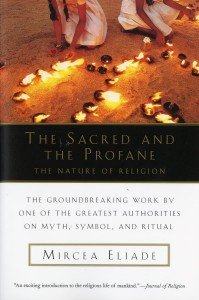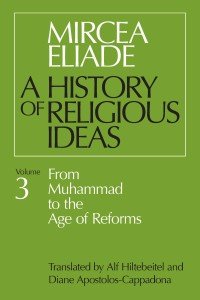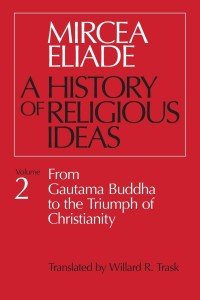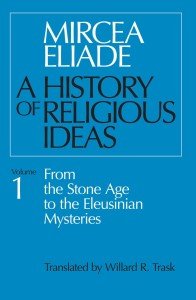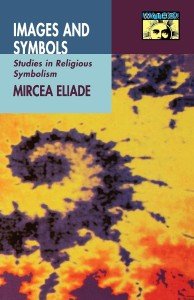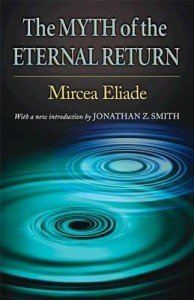The Legacy of Mircea Eliade:
Exploring the Life and Impact of a Pioneering Religion Scholar
Religion is a complex and often contentious topic, with many scholars dedicating their lives to studying its various aspects. One such scholar who has significantly impacted the field of religion is Mircea Eliade. Born in Romania in 1907, Eliade became one of the most influential and prolific figures in the study of religion in the 20th century.
Mircea Eliade was born in Bucharest, Romania, on March 9, 1907. He was the only child of a Romanian Orthodox priest and his wife. Eliade showed a deep interest in religion and spirituality from a young age, nurtured by his father's religious teachings. He received his primary and secondary education in Bucharest, where he excelled in his studies, particularly in languages and literature.
Eliade went on to study philosophy and religion at the University of Bucharest, where he was greatly influenced by the works of philosophers such as Plato, Aristotle, and Bergson. He also became interested in Indian philosophy and Hinduism, which would play a significant role in his later work.
After completing his studies, Eliade began his academic career as a lecturer at the University of Bucharest in 1933. During this time, he also started writing for various publications, including the influential journal Criterion. In 1938, he published his first book, Yoga: Immortality and Freedom, which explored the concept of yoga in Hinduism and its relationship to immortality.
In 1941, Eliade moved to India, where he studied Sanskrit and Hindu religious traditions for two years. This experience greatly influenced his work, and he wrote several books on Hinduism, including Patterns in Comparative Religion and The Sacred and the Profane.
Eliade's most significant contribution to the field of religious studies was his theory of the "eternal return." He believed that in traditional societies, time was cyclical rather than linear and that a sacred time was separate from ordinary time. This concept profoundly impacted the study of religion and influenced many other scholars in the field.
Mircea Eliade's work continues to be highly influential in the field of religious studies. His writings on the sacred and the profane, the eternal return, and the role of religion in human life have been widely studied and debated. He also introduced the concept of "homo religiosus," which refers to the universal human tendency to seek out and experience the sacred.
Eliade's work has been translated into many languages, and he has been honored with numerous awards and accolades, including the prestigious Mircea Eliade Chair in the History of Religions at the University of Chicago. His legacy lives on through the many scholars he has inspired and the ongoing discussions and debates surrounding his theories.
In conclusion, Mircea Eliade was a pioneering figure in the study of religion whose work continues to shape and influence our understanding of this complex and fundamental aspect of human existence. His dedication to exploring the intricacies of religious traditions and his unique insights have earned him a prominent place in the history of religious studies. As we grapple with questions of faith and spirituality, Eliade's contributions will undoubtedly remain relevant and thought-provoking for generations.
